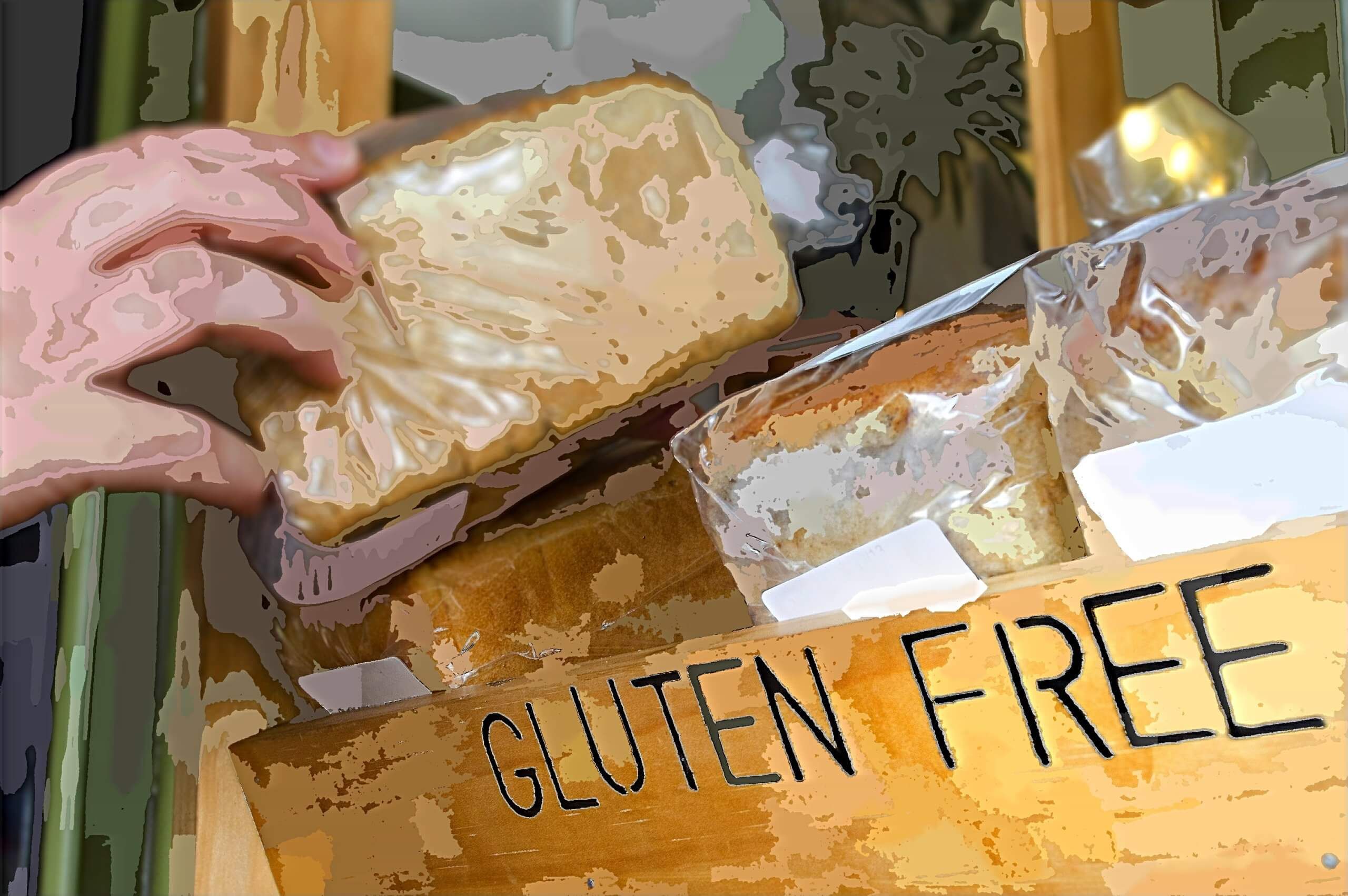Tag: nutrition
Weight Loss Wisdom
As a Naturopathic Doctor, weight loss is probably one of the most common reasons people venture into my office. Many of us struggle with maintaining a healthy weight and a multi-million dollar weight loss industry can give of us poor advice. There are so many expert opinions and fad products floating around, it is hard to know what is useful and what is simply a myth. At times you can be making all the right choices but still not losing weight, suggesting some physiological roadblocks. Here are the myths, the roadblocks and the game changers when it comes to building natural weight loss wisdom.
THE MYTHS:
Extreme low calorie diets are necessary for weight loss.
Will you lose weight from going on an extreme, reduced calorie diet? Absolutely. Will you keep the weight off when you return to your typical diet?
Putting the Community Back In Agriculture
Connecting Farmers and Eaters through Community Supported Agriculture (CSA) Programs to maintain a healthier lifestyle.
by Suszane Neimanis-Klug, Roots Down Organic Farm
When we first began working our farm in 2005 we quickly realized that we were going to have a hard time funding our operation. It is very difficult for a mixed vegetable farm of this small a scale fit in to a category of small business loans and we needed to build up some infrastructure and employ farm hands in order to produce enough veggies to even begin to support ourselves. We were familiar with other farms using the Community Supported Agriculture (CSA) model as a solution to these problems but this concept was relatively new to the Kingston area. With this model, we would find individuals that would be willing to support our farm’s endeavors by paying ahead for veggies that they would receive throughout the growing season. We would deliver their veggies
Sustainable diets for women and the planet: An arranged marriage.
By Dr. Holly WhiteKnight, ND
As per the Food Climate Research Network’s most recent report put it: “The relationship between health and environmental sustainability can best be viewed as an arranged marriage, rather than a love match.”
As North Americans we need to think about the way that we eat, not just for the health of our bodies but also for the good of the planet. With all of unfolding research regarding climate change, it’s no surprise that food security is such an issue. Unpredictable weather patterns and drastic extremes provide challenges for farmers and their crops. “Fad” superfoods deplete the local resources for the native population, driving the prices up so high that their chance for maintaining it as a staple in their diet is no longer financially attainable, as is the case with Quinoa in South America. People are becoming more detached from what it means to eat locally, with whole foods as the center focus of their diet.
Sustainability comes in many faces. Some factors to consider when making sustainable food choices could include:
Easy Soup Recipes
 Moving into winter, I find it challenging to eat enough veggies. Blended soups are a simple solution! They’re quite forgiving when you need to substitute ingredients or eyeball quantities. They freeze well (fill mason jars only 2/3 full to avoid breaking), and become a quick work lunch or dinner first course when you’re short of time. Better yet, they work well for families with food allergies, since they’re naturally free of dairy, gluten, egg, and nuts.
Moving into winter, I find it challenging to eat enough veggies. Blended soups are a simple solution! They’re quite forgiving when you need to substitute ingredients or eyeball quantities. They freeze well (fill mason jars only 2/3 full to avoid breaking), and become a quick work lunch or dinner first course when you’re short of time. Better yet, they work well for families with food allergies, since they’re naturally free of dairy, gluten, egg, and nuts.
I prefer to make these with a hand blender over a food processor because the texture is lovely and the clean-up is incredibly quick.
Reducing Sugar Intake Without Dieting!
Dr. Sonya Nobbe, ND
Are sugar alternatives safe? Most of us are aware of the negative health consequences of sugar, but what about their chemical replacements in the variety of “sugar-free” food choices? A recent study by Washington University researchers published in the journal Diabetes Care, suggests that ingestion of sucralose (Splenda) may increase insulin levels by up to 20%, thereby promoting diabetes and weight gain. Aspartame is another common sugar alternative with known health risks, such as migraines and seizures, when consumed in high quantities or by sensitive people. Fructose can cause a diabetes-like disease in the liver called “fatty liver”. The science that links both sugar and its replacements to chronic disease symptoms is quite extensive. Here are some practical tips to help you reduce these ingredients in your daily routine, without going on a diet!
1. Stevia is an herbal sugar replacement (i.e. not artificial) that is chemically dis-similar to sugar. This means that it’s metabolized safely by other mechanisms that don’t disturb normal sugar metabolism and weight management.
2. Add a bit of salt! Salt can actually enhance your perception of the sweetness of some dishes, and if you balance this with addition of high-potassium foods, the dish is far less likely to affect blood pressure. (See our article on blood pressure and salt, here.)
3. Enhance the natural sweetness
Have You Signed up for CSA?
~ Dr. Christina Vlahopoulos, ND
It is really hard to think about fresh local vegetables and farmer’s markets when it is still snowing out but believe it or not, it is that time of the year again – time to sign up for Community Supported Agriculture (CSA). Although the ground is still covered in snow, farmers in our area are gearing up for a new season in the hopes of growing and selling amazing produce this summer.
Generally speaking, less than 10% of food imported into Canada is inspected. Furthermore, “product of Canada” doesn’t necessarily mean, “grown in Canada.” What the CSA provides is an alternative to produce being picked too early and shipped for hundreds if not thousands of kilometers before making it to your kitchen. If you are not familiar with the concept of CSA, it is a great way to get fresh, seasonal, organic vegetables and support a local farmer.
Each farm is slightly different but most CSA farms require people to sign up
KIHC Fall Workshop Schedule
Our workshop series provides specialized information in a concise, affordable format, and is one important way we like to support our Kingston community. Please contact us for more information. Our classes often require a minimum and maximum number of participants, so please be sure to register as early as possible. Advanced registration is required.
Please help us make our workshop space a critical health resource for our patients and our community. A pdf copy of our fall workshop schedule is available here: KIHC Fall Workshop Schedule 2011.
Some classes are eligible for reimbursement by extended healthcare plans and may be tax deductible.
We welcome your telephone calls and emails with questions and feedback.
The Perfect Diet
~ Dr. Sonya Nobbe, ND
Eating to lose weight can seem complicated: no sugar, low fat, good fat, and even… maple syrup and lemon juice. (Remember that trend?) And if choosing your food wasn’t confusing enough, multiple studies suggest that starting a diet is one of the best predictors of weight gain. Is the problem our inability to stick to a diet, or is it the failure of the diet industry to understand us? Is there such a thing as a perfect diet for you?
The science of “let food be your medicine” has become more complex than the philosophy conceived by Hippocrates circa 400 B.C. The food we eat impacts our health well beyond the calories, fats, and vitamins we spend most of our time focusing on. There are well over 5000 phytonutrients in foods and exploration of their value to human health is in its infancy. We know that certain foods flip our genes on and off and create our health from the level of our DNA and up. And few people stop to consider that the food that enters our stomach is actually consumed by this tremendous “lost organ” we call our microbiome – trillions of bacterial cells and their metabolic by-products that influence nearly every facet of our health.
Though ancient medicines and traditional cultures lacked an understanding of these components of human health, they offer an extraordinary appreciation for the qualities of different foods and how foods complement particular disease patterns expressed by a person. For example, in Traditional Chinese Medicine, foods and people are categorized by their amount of heat, cold, dampness, and dryness. Accordingly, warm foods might be used to treat conditions characterized by a lack of heat or by excess cold. Meals might incorporate a balanced amount of yin and yang, so as not to cause a health problem.
More contemporary approaches to dieting may include specialized laboratory testing that evaluates your metabolism, hormone status, and food allergens. The corresponding food plan includes foods that support, and excludes foods that hinder, your particular metabolic state. For example, raw cruciferous vegetables such as kale and broccoli, can improve liver and estrogen metabolism which makes a healthy weight more attainable. However, these vegetables can also interfere with the thyroid gland which slows down metabolism! Whether these vegetables help or hurt your ability to attain a healthy weight depends on your particular metabolic balance.
Beyond the biochemical, organ-specific, and genetic impact of certain foods, lies the more complicated aspect of our emotional and spiritual response to food. For many people, food is a social connection, a comforting activity, a method of control, or an escape. (In fact, “comfort foods” may actually make us feel better by supporting serotonin production in our brains.) How each of us relates to food can quite surprisingly reveal how we relate to life in general.
Consequently, your perfect diet incorporates 1) a thorough appreciation for food, and 2) a deeper understanding of your unique biochemical and emotional makeup. With these 2 principles in mind, most any traditional diet plan can be improved. Attaining a healthy weight is a lifestyle, and a philosophy. Support from a knowledgeable health professional will take you further in your search for optimal eating, but the majority of the work occurs in challenging yourself to broaden your understanding of your relationship to food, and of food’s genuine capacity to change your life. You are what you eat

